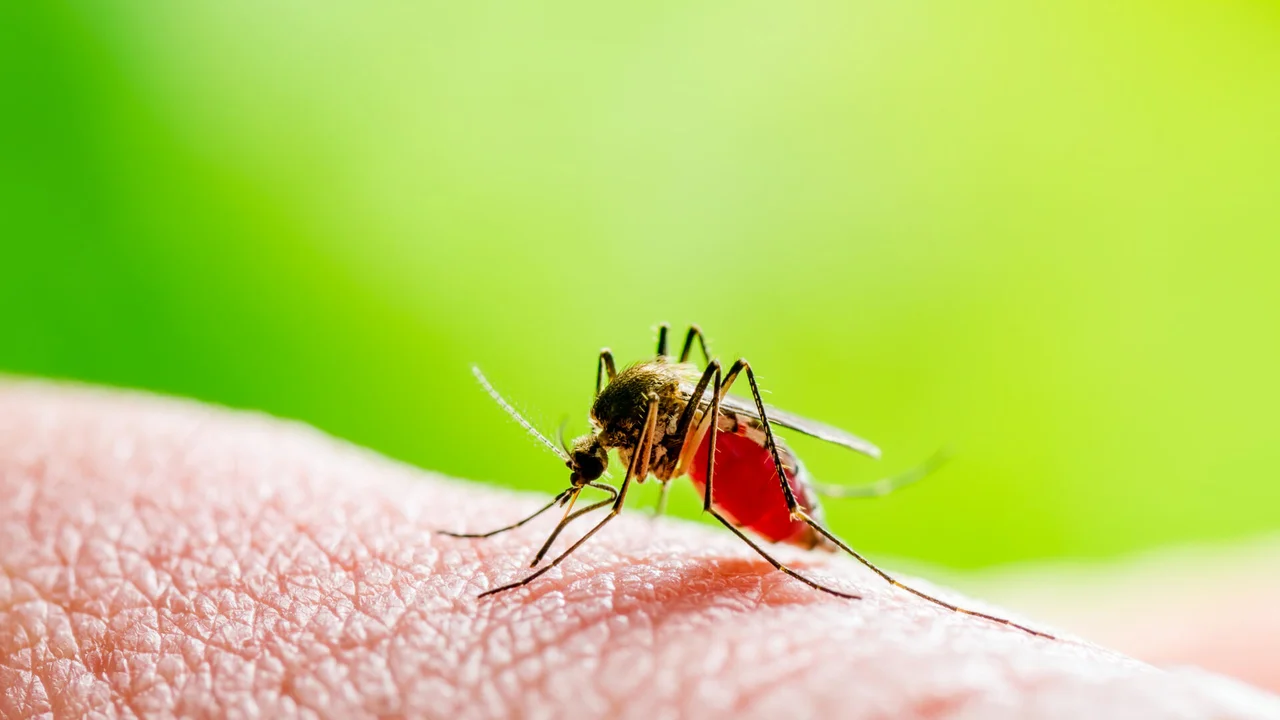
Internet searches offer early warnings of disease outbreaks
Mining Google trends using a real-time tracker could aid response to mosquito-borne diseases worldwide.
About
When infectious diseases spread, the first warning signs may not come from hospitals or doctor reports but from Google searches among worried residents.
A KAUST-led study, focusing on a 2024 outbreak of dengue fever in Brazil, has found that internet searches for disease-related terms can provide faster and sometimes more accurate estimates of case numbers than official surveillance reports[1].
The research has prompted the development of a website that incorporates Google search activity across Brazil’s 26 states and federal districts to support timely decisions and resource allocation. It also provides proof-of-concept of how digital data can help health officials track outbreaks in real time.
“It is urgent that we take action and work together in order to reduce the impacts associated with dengue and other mosquito-borne diseases — and one way to do it is through the development of these kinds of disease surveillance systems,” says data scientist, Paula Moraga, who led the study.
Moraga and her team, in collaboration with statisticians from Brazil, evaluated several prediction models used for tracking dengue transmission. The researchers compared traditional epidemiological approaches, which predict cases on the basis of recent trends in confirmed weekly case counts, with models incorporating search data from Google Trends, a tool that analyzes the popularity of different search queries.
The difference was striking. In most Brazilian states, the simplest model — built only on search queries for the word ‘dengue’ — proved more accurate than traditional approaches: errors in estimating weekly cases were consistently smaller, and the search-based model captured the timing of surges more precisely.

